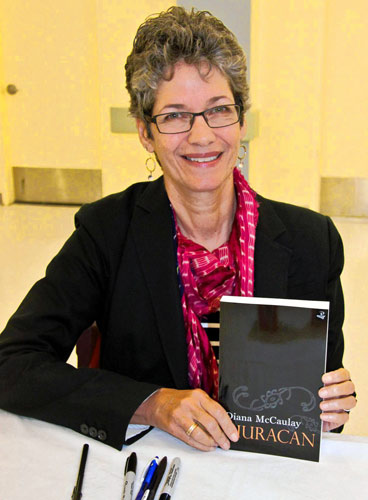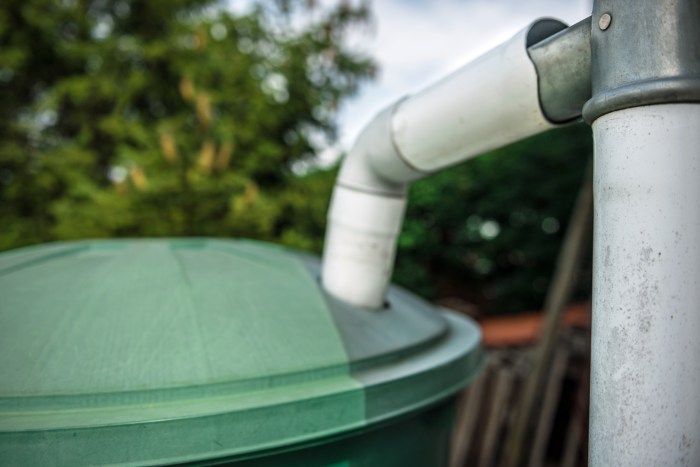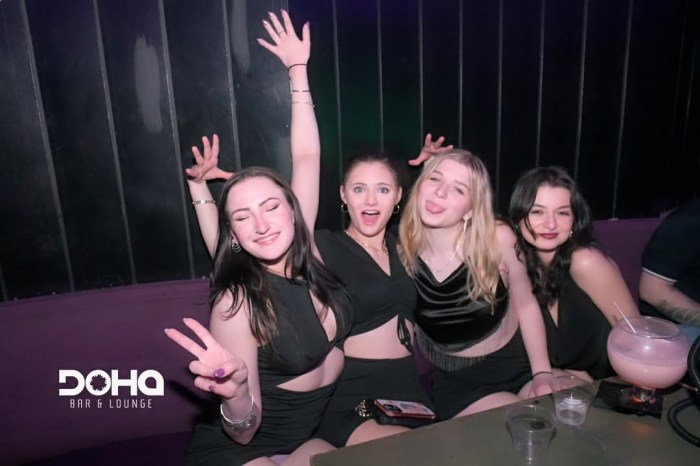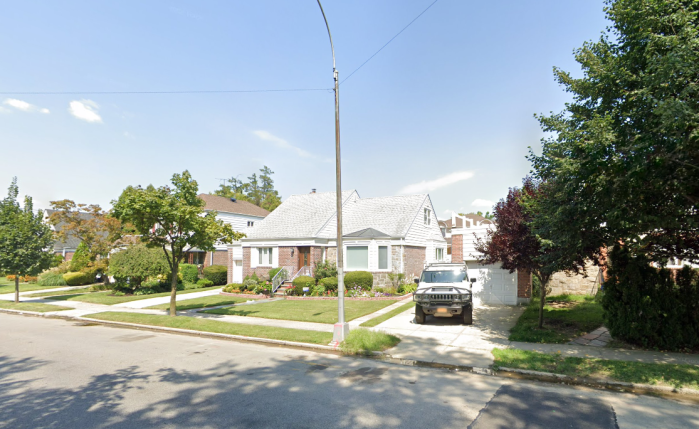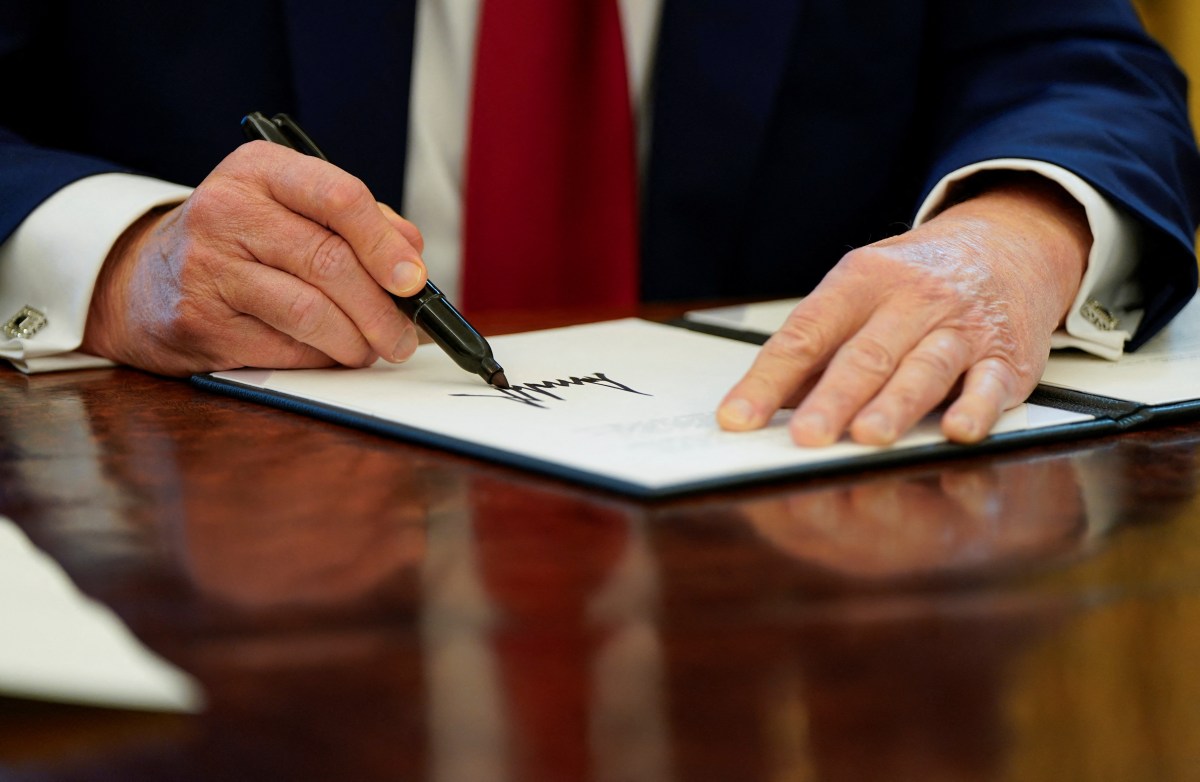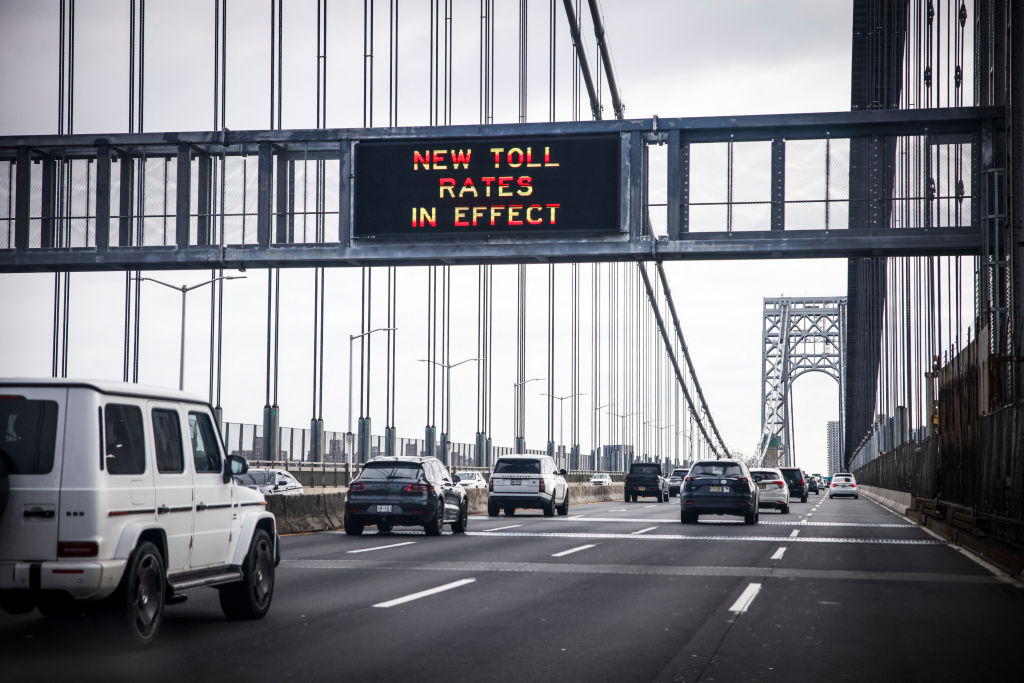“There are over a dozen Caribbean or Caribbean-Americans in this book fair,” beamed E. Wayne McDonald, artistic director of the Caribbean Cultural Theatre, as he finished up his conversation with Jamaican author Diana McCaulay outside of Brooklyn Borough Hall.
On this bright and inviting Sunday, the eighth annual Brooklyn Book Festival chalked up another extraordinarily successful run.
The festival attracted thousands who perused the 200-plus booths of publishers, independent authors, writers’ associations and bookstores, snaking along the paths outside of Borough Hall. The readings, discussions and panels at the Festival’s outdoor stages and surrounding indoor venues were more popular than ever.
Earlier that day, writer McCaulay spoke on the panel entitled “Rolling the Dice” where the authors’ fictionalized main characters do risky business. In McCaulay’s book Huracan (hurricane god of Mayan mythology), the main character returns to Jamaica and grapples with: where does she fit and is this still home?
Concepts of power were addressed in the novels by the authors on the Idols, Gods and Kings panel where Cuban-American author and former journalist Cristina Garcia spoke of a fictionalized Fidel in her “King of Cuba.” From her imagination, she explored the substance of life behind the scenes. “People’s lives are their secret lives, not just those in public,” she said. Writer Teddy Wayne and renowned octogenarian author Tom Wolfe also dialogued with her.
Other Caribbean authors prominent on their respective panels included Guyanese, now from Grenada, Oonya Kempadoo (All Decent Animals) who is teaching this year in Connecticut as a Fulbright Scholar and Jamaican Colin Channer (Lover’s Rock) who combines political affairs of the day and sensuality.
Antiguan writer Jamaica Kincaid, her fifth novel “See Now and Then” published this year, was a no-show due to personal emergencies.
A festival regular, former Brooklynite and MacArthur Foundation (Genius Award) recipient Edwidge Danticat participated on two panels. In the second one, Writers Against the Surveillance State, she, as did the five other writers, WNYC radio journalist Leonard Lopate, and whistle blower Tom Drake, read others writings on this subject.
Danticat read from Bertolt Brecht’s essay, We, Nineteen, referring to the Hollywood nineteen called before the Congressional Committee on their communist affiliations. After having testified, Brecht reflects that the public-queried writers had “a Cold Execution” in the form of the black list and while not deprived of their life, they were prevented from working in the film industry, their means of life. He wrote that his colleagues were protected by the Constitution but the Constitution was not protected, as those called to testify and the public learned.
More than 250 authors participated at 13 presentation venues including a teen stage and a children’s tent. This year, the festival dispensed with tickets for the Sunday all-free programs. For the very popular panels, the lines meandered around corners – many, standing room only.
Authors signed their books following the programs they appeared in, their books available at designated booksellers.
Sunday was not just the only day devoted to books and authors, this year. During the week prior to the Festival, dozens of readings, book launches and parties –Bookend Events–helped expand the festival’s reach.
Haiti Cultural Exchange partnered with the festival as part of “Bookends” for a salon that included conversations and readings with Haitian writers Elsie Augustave (The Roving Tree) and Edwidge Danticat (Claire of the Sea Light.)
And bringing more Caribbean talent to the public, at MoCADA, The Best in Caribbean Literature evening featured Trinidadian Robert Antoni (As Flys to Whatless Boys), Antiguan Montague Kobbe (The Night of the Rambler), Trinidadian Barbara Jenkins (Sic Transit Wagon), Jamaican Ifeona Fulani (Ten Days in Jamaica) and Elsie Augustave and Oonya Kempadoo.
As the Brooklyn Book Festival wrapped up, theatre director McDonald commented on its Caribbean presence, “I am tremendously encouraged by the variety and work presented and the commitment of the organizers in inviting a good number of Caribbean and Caribbean-American writers. McDonald saw that the work from these writers was embraced by all ethnicities. “This speaks to the quality of the work coming from the region.”

Photo by Tequila Minsky


